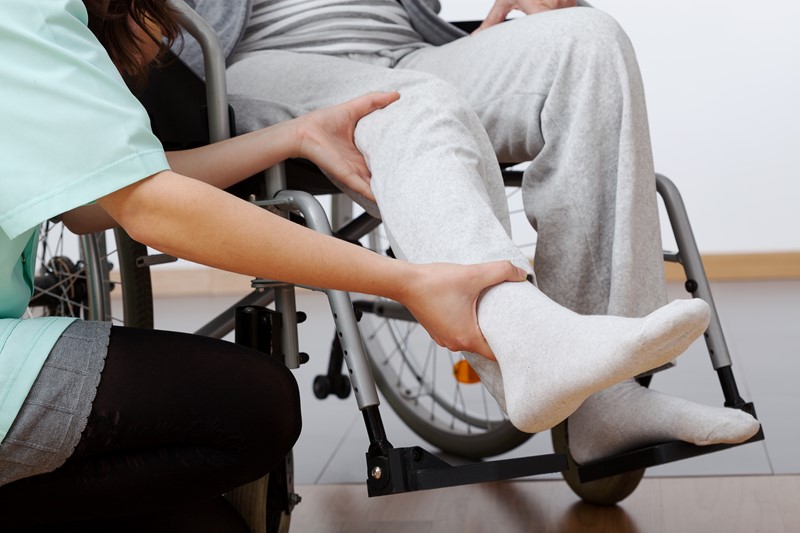The rise of health tracking devices means more valuable data can be added to the healthcare ecosystem, helping to make personalised care a reality.
From continuous glucose monitors to biosensors to wearable fitness trackers, the Internet of Healthcare Things is starting to surge. According to a recent report by Aruba Networks, 87% of healthcare organisations in the US will adopt IoT devices in 2019, and more than three-quarters of those organisations believe the technology will completely transform the healthcare industry. Usage will continue to escalate worldwide in the coming years, as ResearchAndMarkets.com predicts that the global IoT healthcare market is expected to grow from $41 billion in 2017 to $405 billion by 2026.
The new generation of connected devices provides critical data that can not only help to keep patients safe and healthy, but also significantly improve how clinicians deliver care.
IoT in healthcare devices have primarily focused on remote monitoring and telemonitoring, encompassing a range of technologies and tactics to deliver virtual health and care services. Data from these devices is helping with the monitoring and management of chronic disease, home health and physical and occupational therapy, putting patients on a positive path to maintaining their health.
The data collected on an individual through these devices is transmitted to their healthcare provider and can even be added to their electronic health record to provide a more comprehensive view of the patient. Solutions like Orion Health’s RPM that can immediately transmit data from patients to providers are transforming the accuracy and efficiency of healthcare delivery, helping physicians make the best possible decisions in a timely manner.
The number of devices designed for patients to track and monitor their health remotely is sometimes referred to as the Internet of Medical Things (IoMT), aims to help providers move from reactive to proactive patient care that leverages data from sensors, medical devices and wearables.
With increased functionality, consumer health wearables and smart watches are becoming an increasingly popular way for people to monitor their health and fitness. According to Futuresource Consulting, approximately 100 million wearable devices were sold worldwide last year.
A wristband or watch, the most popular health wearables have multiple sensors: pedometers, accelerometers, gyroscopes, magnetometers, barometers, altimeters, GPS, and photoplethysmographs (PPG). The data can be collected passively and continuously, and the trackers can monitor all types of metrics, including steps, energy, sleep levels, heart rate (HR), blood pressure and flow, oxygen saturation, glucose, weight, and body mass index.
These smart devices are helping people gain insight into their health, set goals, make lifestyle changes and gauge their progress. For healthcare organisations, this data can be incorporated into the longitudinal patient record, providing clinicians with a more complete view of a patient’s overall health.
The surge in popularity of smart devices means that organisations are collecting and analysing massive amounts of valuable health data on the daily. For example, San Francisco-based Fitbit has gathered 108 billion hours of heart rate data from 25.4 million active users in 87 countries. This data could be aggregated and integrated into the health system to provide both individual and population health insights that could be used to inform clinical decision making.
At Orion Health, we are focused on putting this new generation of health data to use. These devices are most valuable when the data they collect is efficiently and seamlessly integrated into the healthcare ecosystem, including into patient EHRs. Health device data can provide a more holistic view of the patient, enabling personalised care.
To fully realise the value of this new generation of health data, it’s essential that information from devices is efficiently and seamlessly integrated into the broader healthcare ecosystem, including patient electronic health records. When properly harnessed, health device data can provide a more holistic view of the individual, supporting more personalised and preventative care. Scalable platforms that acquire, enrich, analyse, and present data—ranging from clinical and claims data to non-traditional sources like wearables—can help clinicians identify issues early and improve overall patient outcomes. Aggregating this data across all care settings simplifies the path to truly integrated, insight-driven healthcare.
It simplifies the challenging task of data aggregation from across all care delivery settings.



